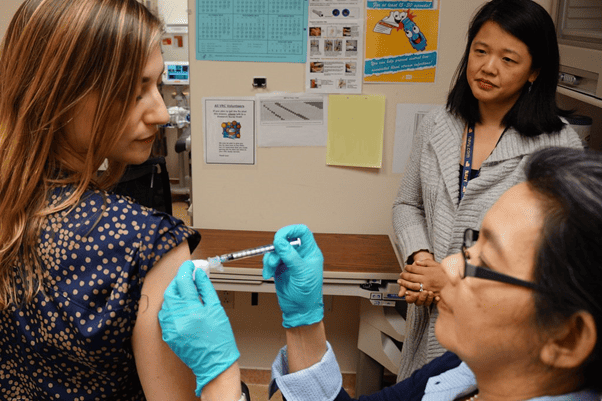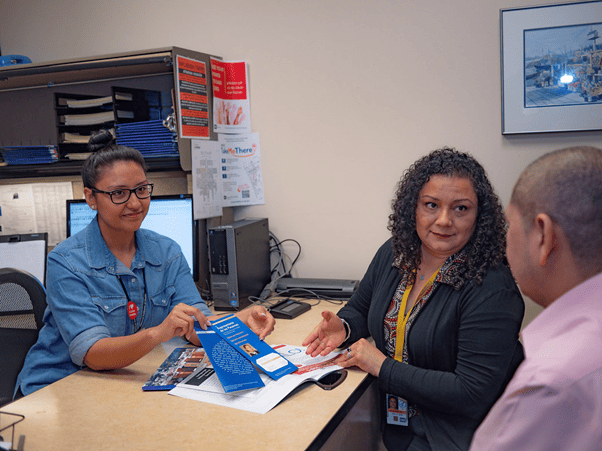There are calls for clinical medical trials to tackle the issue of diversity and increasingly, patient recruitment companies are encouraging the wider medical research establishments and the pharmaceutical community to collaborate to increase diversity in research. The urgent need has been brought into sharp focus by the global pandemic.

Statistics clearly show that people from Black and Minority Ethnic backgrounds, especially Bangladeshi and Pakistani patients, are much more likely to suffer serious illness and adverse outcomes if they become infected with COVID-19. The reasons for differences in severity of disease are not entirely understood. Nevertheless, it is vital that people from these backgrounds are involved in research for treatments and vaccines. The challenge is that BAME communities are rarely strongly represented in such research and this is why there are calls for change.
How to tackle the inequality in clinical trials
There are many ways in which the inequalities can be tackled. Researchers and scientists can work with patient recruitment services to make sure that the ethnicity of the study group matches that of the rest of the population. This produces good science with results that can be applied to all communities.
The first step is to design clinical trials that focus on patient needs and do not simply consider treatment outcomes. Then patient recruitment services can work with BAME communities to increase their understanding of the research process. Pharmaceutical companies can be key to helping communities appreciate how clinical trials work and how they can make a contribution.

Another option is for those organisations that fund research to specify the patient diversity ratios that they expect to see. Where this is appropriate, it will help to focus the minds of those conducting the research on the need for diversity.
Other approaches to ensuring patient diversity
Patient diversity in clinical trials is a global issue that the scientific sector has struggled with for years. One approach to overcome it, at least in the short term, would be for studies to be conducted globally. Sharing of scientific information across the world is not new and international collaborations are well-established both within and between continents.
A useful approach would be for research to be conducted in nations where populations are predominantly BAME. The results could be pooled with those achieved in white populations to gain a complete picture of how diseases can be treated and prevented.